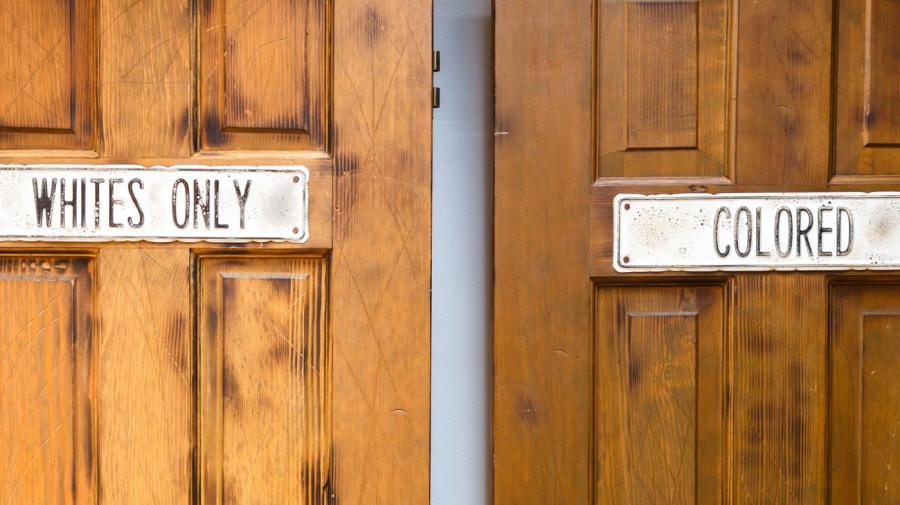What Is Social Devaluation?

Social devaluation is the systemic belief that a group or person has less social value than others. Such devaluation can have a negative consequences for the individual or group affected by it. Socially devalued parties have fewer opportunities and are recognized less for their accomplishments.
The concept of societal devaluation is a part of a larger social theory called social role valorization, which was coined by Wolf Wolfensberger in 1983. This theory helps us understand the methods of devaluation and how they affect society. Social role valorization is a tool meant to address the psychological consequences of devaluation and they can be counteracted.
An example of social devaluation can be observed in the modern workplace. In today’s society, women’s contributions and achievements in a work environment are often now as valued as a man’s. According to Academia, women’s pay penalties are related to widespread cultural devaluation of women’s work. Across many occupational categories, women are paid less than men who have the same job title. The concept of a glass ceiling, or the idea that women in the workplace are held down monetarily and socially by gender inequality, is a direct result of the social devaluation of women and the work they are capable of.





